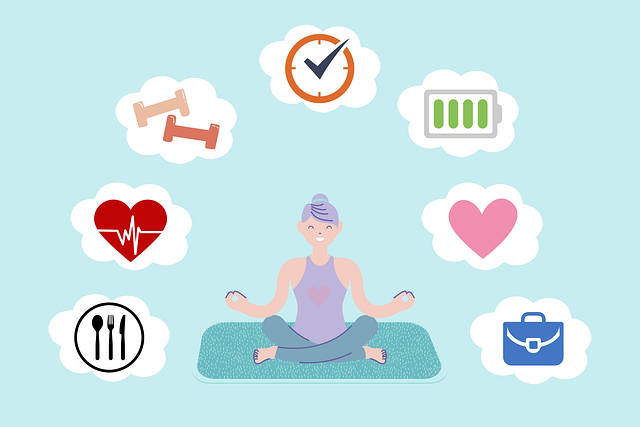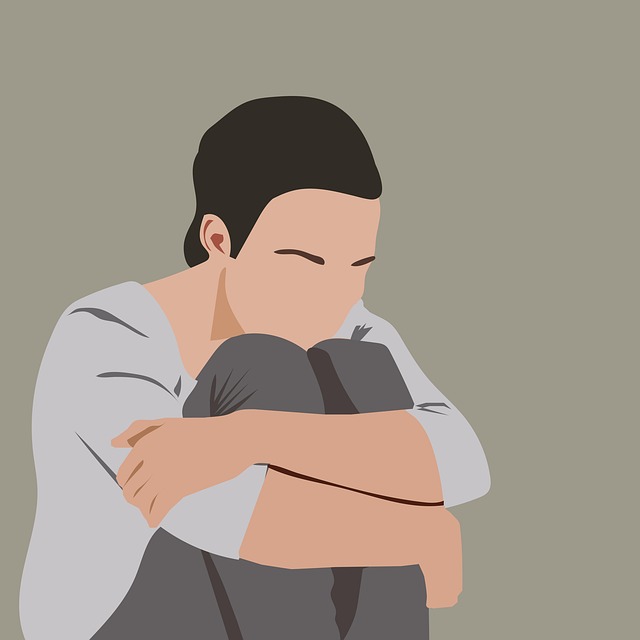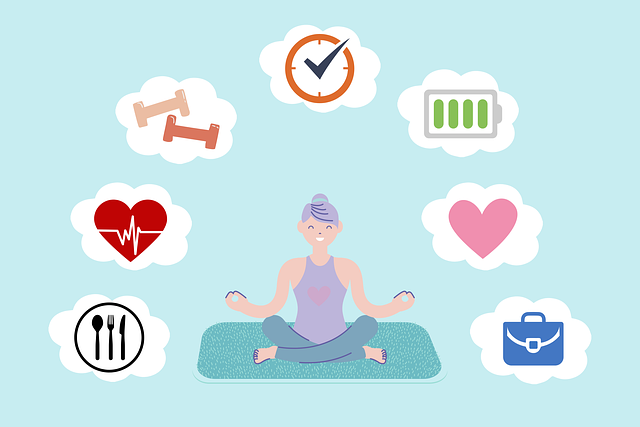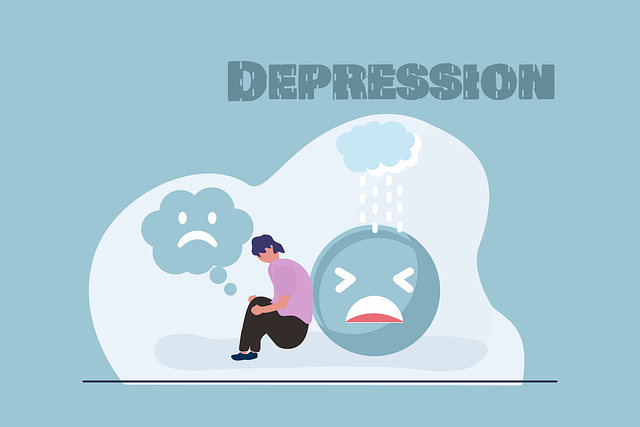Self-care is essential for individuals facing terminal illnesses, as it strengthens mental well-being and fosters resilience. Practices like mindfulness, hobbies, therapy, journaling, exercise, and building emotional intelligence help manage stress and emotions. Parker Terminal Illness Therapy offers specialized support, empowering patients to navigate challenges, express emotions, resolve conflicts, and maintain control over their lives. Through self-reflection, seeking support, and practicing self-compassion, individuals can build resilience, enhance quality of life, and find peace during difficult periods.
“Self-care is a cornerstone of well-being, especially for individuals facing terminal illnesses. In this comprehensive guide, we explore the transformative power of self-care practices through the lens of Parker’s journey. Discover how incorporating therapy into daily routines can significantly enhance mental health and resilience. Learn effective strategies and coping mechanisms to navigate challenges with grace. Join us as we delve into these essential topics, inspired by Parker’s story.”
- Understanding Self-Care: The Foundation of Well-being, Especially with Terminal Illness
- Parker's Journey: Incorporating Therapy into Daily Routines for Enhanced Self-care
- Effective Self-Care Strategies: Activities and Techniques to Prioritize Your Mental Health
- Building Resilience: Coping Mechanisms for Navigating Challenges with Grace
Understanding Self-Care: The Foundation of Well-being, Especially with Terminal Illness

Understanding self-care is paramount when navigating the complexities of terminal illness, as it forms the foundation for maintaining and enhancing overall well-being. This practice goes beyond mere relaxation; it’s an active process that empowers individuals to manage their mental health and cultivate coping skills. For those facing a terminal diagnosis, such as what Parker Terminal Illness Therapy offers, self-care becomes an essential tool in mitigating the emotional toll of this challenging period.
By prioritizing self-care, patients can better regulate their mood, foster resilience, and find moments of peace amidst the turmoil. It involves creating personal rituals that promote mental health awareness, whether through mindfulness exercises, engaging in favorite hobbies, or connecting with supportive networks. Developing these coping skills not only enhances quality of life but also provides a sense of agency and control during an otherwise unpredictable journey.
Parker's Journey: Incorporating Therapy into Daily Routines for Enhanced Self-care

Parker’s story is a powerful reminder that incorporating therapy into daily routines can significantly enhance self-care practices, especially when facing challenging circumstances such as a terminal illness. His journey began with recognizing the importance of mental well-being alongside physical care. Parker understood that managing his emotions and finding healthy coping mechanisms would not only benefit him but also allow him to make the most of his remaining time.
Through regular sessions with a compassionate therapist, Parker learned valuable compassion cultivation practices and conflict resolution techniques that proved instrumental in boosting his confidence. These therapies enabled him to navigate emotional hurdles, foster deeper connections with loved ones, and create meaningful moments despite his diagnosis. By integrating these therapeutic tools into his daily routine, Parker demonstrated that self-care is not just about survival but also about cultivating a sense of peace and purpose during trying times.
Effective Self-Care Strategies: Activities and Techniques to Prioritize Your Mental Health

Self-care is an essential aspect of maintaining and improving mental health, especially for individuals navigating challenging circumstances like a terminal illness. Incorporating various strategies into daily routines can significantly enhance overall well-being. One powerful tool is Mental Wellness Journaling, which allows individuals to express their thoughts and emotions privately. Writing down experiences, feelings, and reflections helps process them, fostering emotional intelligence and a deeper understanding of one’s mental state.
Additionally, engaging in regular Exercise Guidance tailored to individual preferences and abilities plays a crucial role. Physical activity releases endorphins, reduces stress hormones, and improves mood. Whether it’s a gentle walk in nature, yoga, or more intense workouts, consistency is key. Combining these practices with increased Mental Health Awareness can empower individuals to recognize when they need support and seek appropriate care, such as reaching out to therapists like those specializing in Parker Terminal Illness Therapy.
Building Resilience: Coping Mechanisms for Navigating Challenges with Grace

Building resilience is a vital aspect of self-care, especially when navigating life’s challenges, as it equips individuals with the tools to cope and adapt gracefully. This process involves cultivating healthy coping mechanisms that enable folks to overcome difficulties and maintain their well-being, even during trying times. For instance, Parker Terminal Illness Therapy offers valuable insights into helping patients build resilience by providing communication strategies to express emotions and conflict resolution techniques to manage difficult situations.
By adopting these strategies, individuals can enhance their ability to handle stress, improve emotional regulation, and foster a positive outlook. It’s about recognizing that challenges are inevitable but one’s response to them is within our control. Through self-reflection, seeking support, and practicing self-compassion, one can develop a robust resilience that supports both mental and physical health, especially during profound life changes or health conditions like terminal illness.
In conclusion, prioritizing self-care is an invaluable journey, especially when confronting challenges like terminal illness. As demonstrated by Parker’s story, incorporating therapeutic practices into daily routines can significantly enhance overall well-being. By adopting effective strategies and building resilience, individuals can navigate life’s difficulties with grace and maintain a sense of balance. Remember, self-care is not just a luxury but a necessity for navigating the complexities of life, especially when facing terminal illness.













